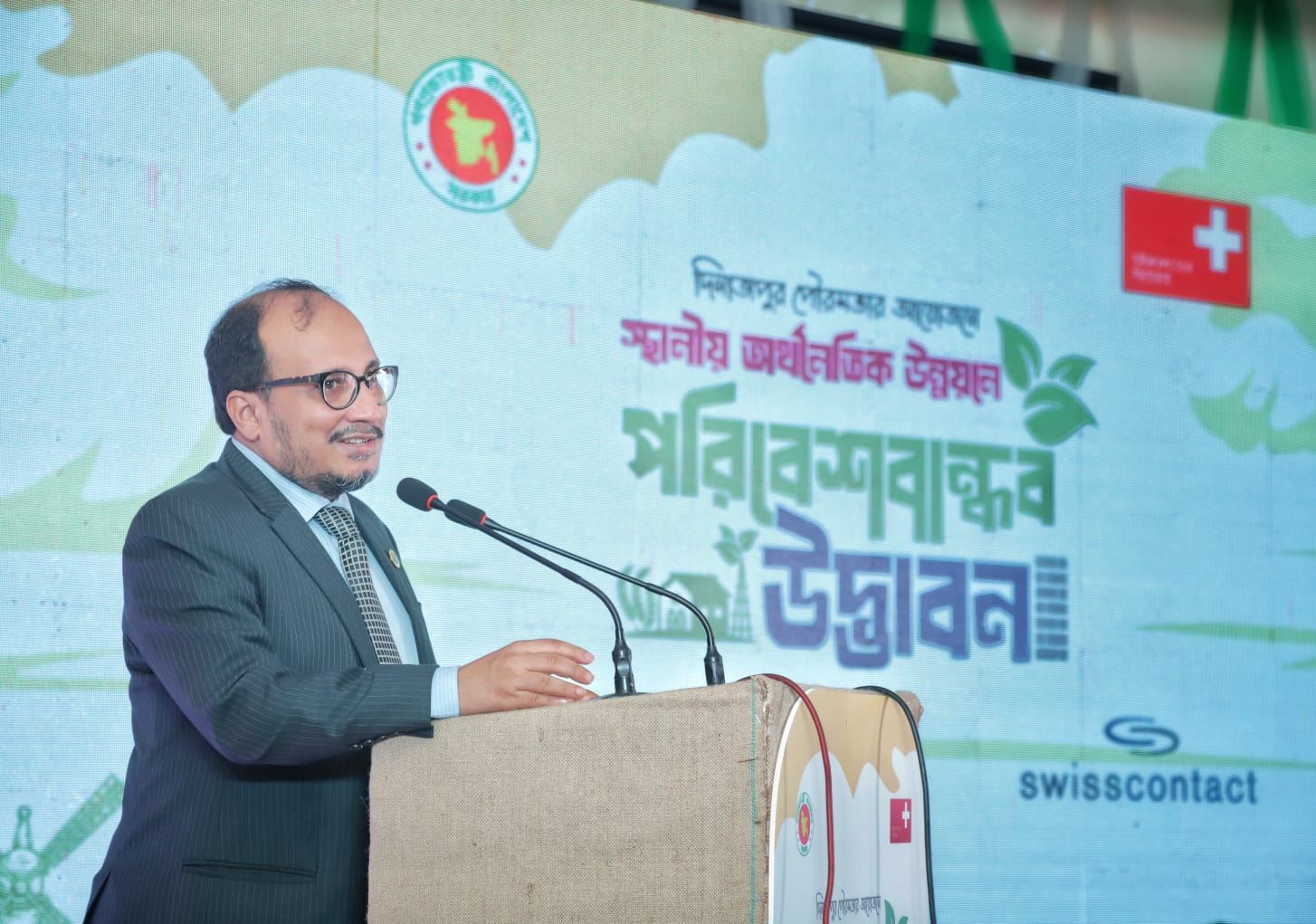
Ethiopia said it was the largest such repatriation of artefacts to the country, with its ambassador to Britain, Teferi Melesse, describing it as of "huge significance". COURTESY
Ethiopia has hailed the return of precious artefacts looted by British soldiers more than 150 years ago, after a long campaign for their restitution. The collection -- recovered from Britain, Belgium and the Netherlands -- includes a ceremonial crown, an imperial shield, a set of silver-embossed horn drinking cups, a handwritten prayer book, crosses and a necklace. Most of the items were plundered by the British army after it defeated Emperor Tewodros II in the Battle of Magdala in 1868 in what was then Abyssinia. The treasures were unwrapped before the media at Ethiopia's national museum on Saturday, more than two months after they were formally handed over at a ceremony in London in September.
Key points
• Ethiopia says the transfer is the largest such repatriation of artefacts
• The treasures were formally handed over at a ceremony in London in September, but were unwrapped in Ethiopia on Saturday
• Calls have been mounting in Africa for the return of artefacts taken by colonial forces
Ethiopia said it was the largest such repatriation of artefacts to the country, with its ambassador to Britain, Teferi Melesse, describing it as of "huge significance". Calls have long been mounting in Africa for Western countries to return their colonial spoils, with many prized national treasures held abroad in museums or sometimes private collections. Earlier this month, the West African state of Benin welcomed back nearly 30 royal treasures seized during France's rule more than 130 years ago. The Ethiopian government is still fighting for Britain to return other stolen artefacts including sacred wooden and stone tabots or tablets, which represent the Ark of the Covenant. The tabots are housed in the British Museum in London – which has a vast trove of foreign treasures – but have never been put on public display. Ethiopia is also seeking the remains of Tewodros' son Prince Alemayehu who was taken to Britain after the emperor committed suicide following his battlefield defeat. "A variety of artefacts which are a legacy of our culture and values were looted during the battle and taken out of the country illegally," Tourism Minister Nasise Challi said. "Countless of our artefacts are found in various museums, research centres and in the hands of private individuals," she said at Saturday's event, appealing for their return.
A ‘great injustice’
Ethiopia, one of the world's oldest countries with a rich and ancient cultural and religious heritage, says it considers the ransacking of Magdala a "great injustice" that has been a thorn in relations with Britain. Several of the returned items were due to be auctioned but were bought by the non-profit Scheherazade Foundation with the aim of repatriation. Others were acquired from private dealers or investors. Among them was a set of medieval manuscripts dating back to before the 18th century, which had been due to be auctioned in the Hague. Ethiopia is also negotiating for the return of a bible and cross that were set for the auction block in the United States. "These restitutions are taking place in a global context where the role of museums in portraying colonial histories and the legitimacy of displaying looted artefacts is being questioned," Ethiopia's National Heritage Restitution Committee said in a statement in September. There was growing pressure on the British government to return various artefacts and treasures looted from Ethiopia at the end of the 19th century.
Though the Ethiopian government has been in talks with authorities in London for their permanent return and pledged to bring lawful and political pressures to bear, its efforts have borne little success so far. The Victoria and Albert Museum (V&A), British Museum, British Library, the Royal Library and the Bodleian Library have displayed, or had display, most of these artefacts in an exhibit known as Maqdala, a battle in 1868 during which many British forces looted items. This came about after the army of the European giant defeated the then Abyssinia Empire during a military expedition to secure the release of British hostages taken by Tewodros II, who committed suicide after refusing to surrender.
Changing tide
Among those still in display at British museums are a gold crown, an important symbol of the Ethiopian Orthodox Church, a chalice, a dress and jewellery belonging to Abyssinian Empress, a necklace and other treasures. There is no dispute about whether or not they were borrowed; they were looted and that’s a story we have tried to tell very openly and very honestly at the V&A.
Last year, the British Museum returned locks of hair taken from the body of Tewodros II as he lay dead. Tim Reeve, the Deputy Director of the V&A, told the Cheltenham Literature Festival that the move to return items was part of the V&A’s work to “decolonise” its collections and to have a more honest conversation about history. “There is no dispute about whether or not they were borrowed; they were looted and that’s a story we have tried to tell very openly and very honestly at the V&A,” he said. Reeve said the consultations centred on how the treasures could be returned as the V&A and other national museums were forbidden under UK law to return items in perpetuity. “A long loan of those objects as a sort of an initial step is the kind of thing we want to discuss if the right kind of conditions [are] there and they are in agreement with the Ethiopian Embassy,” he said.
Why Ethiopia refuses loan arrangement
However, the Ethiopian government continues to refuse to accept a loan arrangement. “It is very depressing that the museum still wants to lend us our own heritage,” says an official working at the Authority for Research and Conservation of Cultural Heritage. The official, who asked to remain anonymous, says efforts by the government to secure the return of the artefacts have been paused due to other pressing issues. “This is not something that should be handled by officials. It is more political and we expect that it will be addressed diplomatically by the foreign ministries of the two countries. So far, no formal request or response has been lodged with V&A,” the official added.






0 Comments